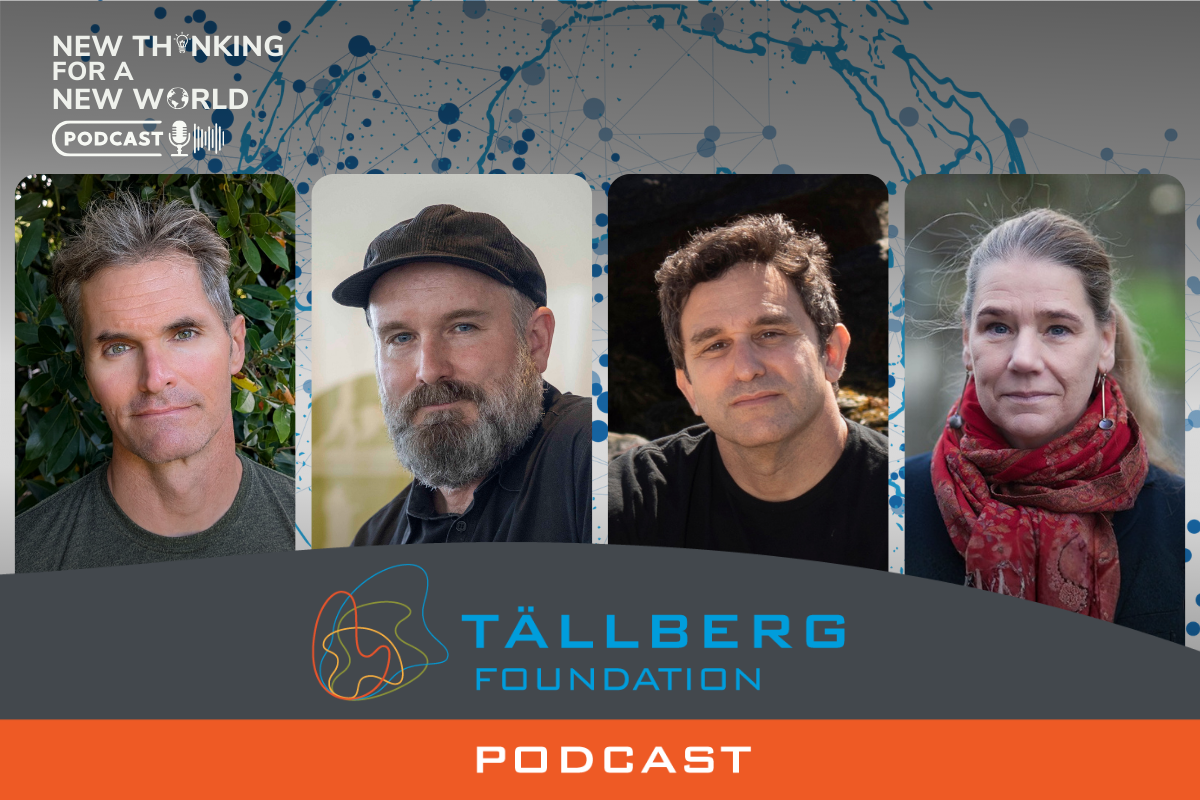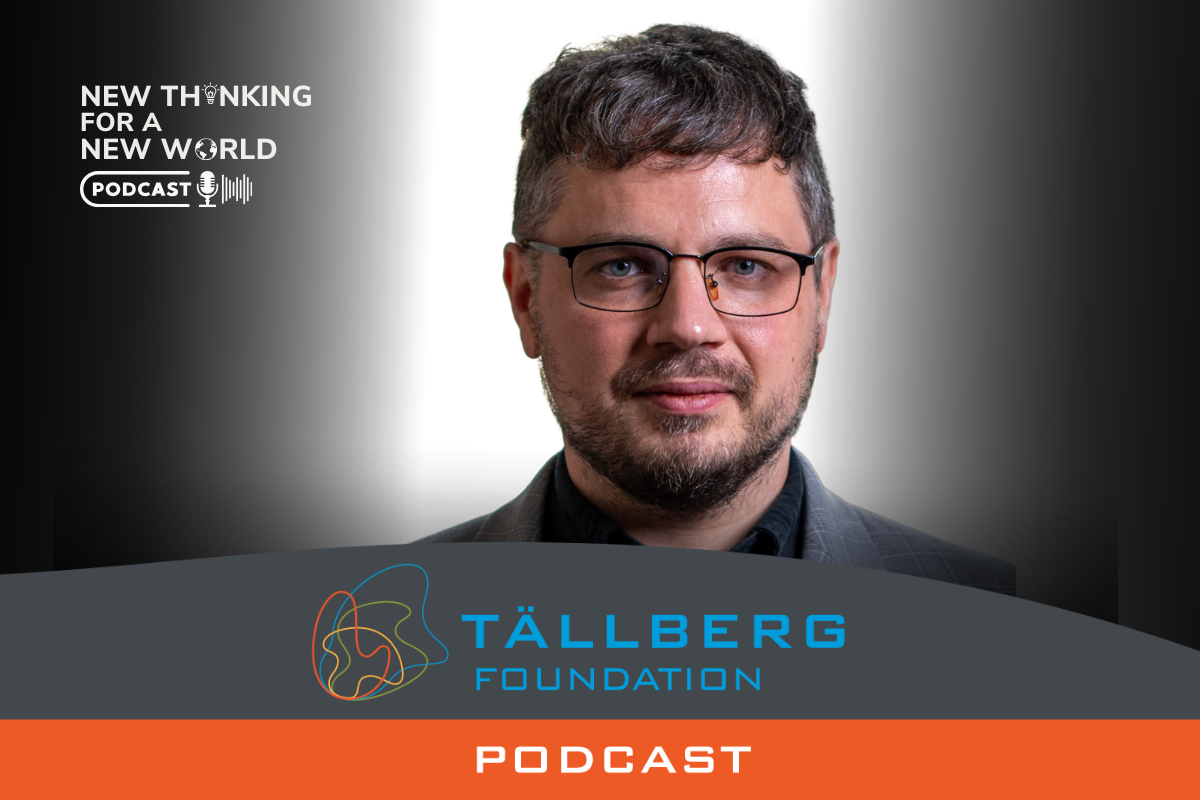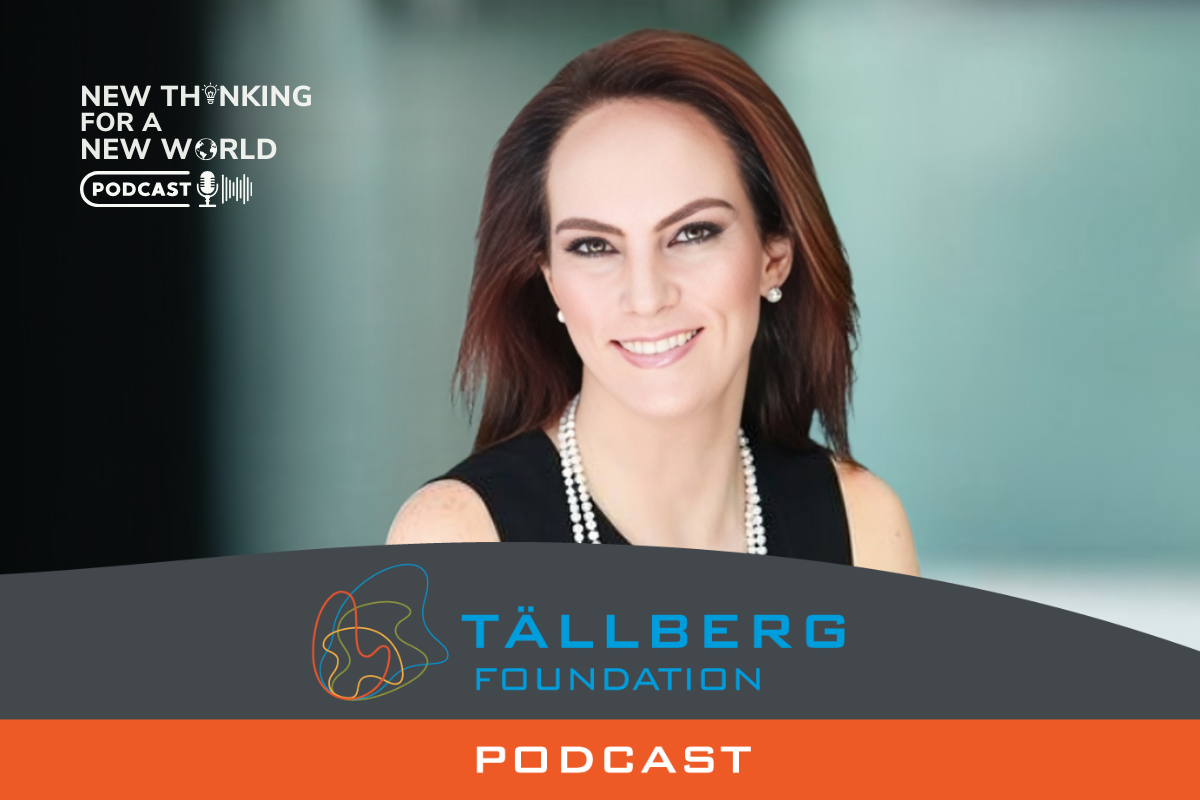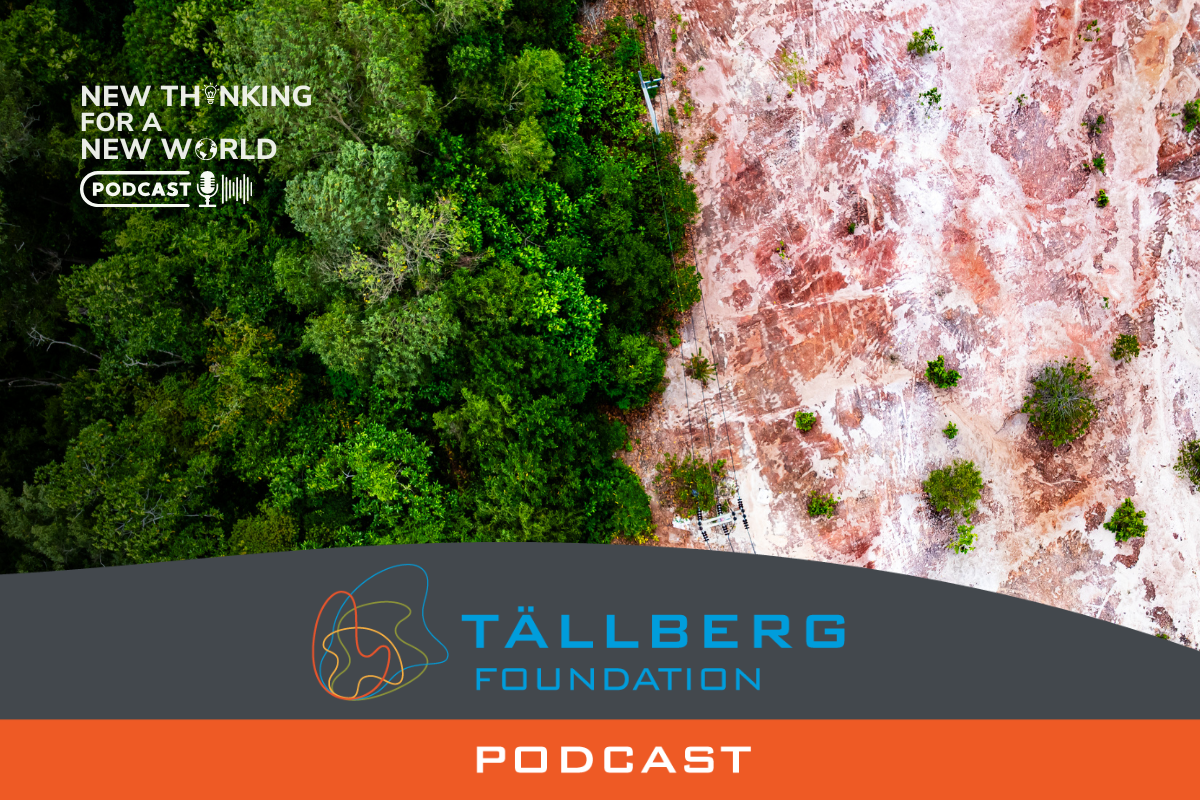2020 was an awful year for Iran. A year that started with the assassination of the country’s widely popular, leading general ended with the assassination of its most important nuclear scientist.
Answers are difficult to find, but this week’s guests are in the business of looking for them. Sima Shine leads the Iran program at Israel’s prestigious Institute for National Security Studies and spent most of her career in the Israeli Intelligence Community. Dr. Sanam Vakil is deputy director of Chatham House’s Middle East Africa Program, where she leads the Iran Forum among other projects.
 Sima Shine is currently the head of the Iran program at the Institute for National Security Studies (INSS). For most of her career, Ms. Shine served in the Israeli Intelligence Community. Her last position was Head of the Research & Evaluation Division of the Mossad (2003-2007). In this capacity, she was in charge of the production of both daily and periodical evaluations on Middle Eastern and international issues, led security and intelligence dialogues with various counterparts in the international community, and was involved in political-military meetings with decision makers.
Sima Shine is currently the head of the Iran program at the Institute for National Security Studies (INSS). For most of her career, Ms. Shine served in the Israeli Intelligence Community. Her last position was Head of the Research & Evaluation Division of the Mossad (2003-2007). In this capacity, she was in charge of the production of both daily and periodical evaluations on Middle Eastern and international issues, led security and intelligence dialogues with various counterparts in the international community, and was involved in political-military meetings with decision makers.
After her retirement from the Mossad, Shine served as Deputy Head of Strategic Affairs in Israel’s National Security Council (2008-2009) and then (2009 -2016) served in the Ministry of Strategic Affairs, where she was responsible, inter alia, for the Iranian file and was deputy Director General.
 Dr. Sanam Vakil is the deputy director of the Middle East North Africa Programme, where she leads the Future Dynamics in the Gulf project and the Iran Forum.
Dr. Sanam Vakil is the deputy director of the Middle East North Africa Programme, where she leads the Future Dynamics in the Gulf project and the Iran Forum.
Sanam’s research focuses on regional security, Gulf geopolitics and on future trends in Iran’s domestic and foreign policy. She follows wider Middle Eastern issues as a visiting fellow at the Hoover Institution at Stanford University, associated with the Working Group on Islamism and the International Order. She is also the James Anderson professorial lecturer in the Middle East Studies department at the Johns Hopkins School of Advanced International Studies (SAIS Europe) in Bologna, Italy.
Before these appointments, Sanam was an assistant professor of Middle East Studies at SAIS Washington. She served as a research associate at the Council on Foreign Relations also providing research analysis to the World Bank’s Middle East and North Africa department.
Sanam is the author of Action and Reaction: Women and Politics in Iran (Bloomsbury 2013). She publishes analysis and comments for a variety of media and academic outlets.
Sanam received her BA in political science and history from Barnard College, Columbia University and her MA/PhD in international relations and international economics from Johns Hopkins University.
“I think among the political establishment, survival has somewhat emboldened the Iranian leadership. They feel strengthened by their ability to push back against sanctions. They feel strengthened by their ability to empower the domestic economy despite sanctions.” — Dr. Sanam Vakil
2020 was an awful year for Iran. A year that started with the assassination of the country’s widely popular, leading general ended with the assassination of its most important nuclear scientist.
The three year old recession deepened while inflation soared. Widespread shortages, including medicines, made the fight against the pandemic all the more difficult. American “maximum pressure” combined with Iranian mismanagement took a huge toll on ordinary people. Yet, if anything, the regime seems more firmly in power today than a year or two ago. How can that be? Will it change? Is there any chance that the Green Movement of a decade ago will reappear during this election year?
Listen as they discuss Iran, today and tomorrow.
Let us know what YOU think and leave a comment below.
Listen to the episode here or find us on a podcast platform of your choice, (Apple podcast, Spotify, Acast, Stitcher, Libsyn, etc).




0 Comments